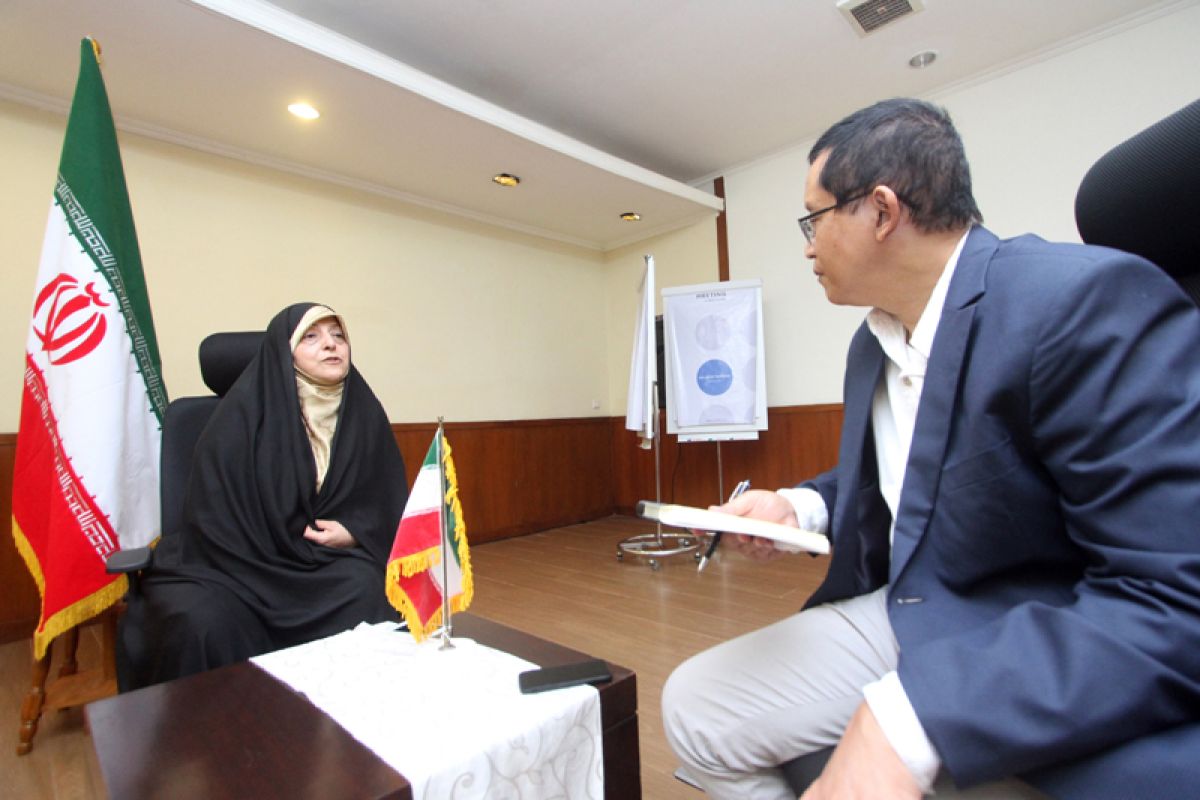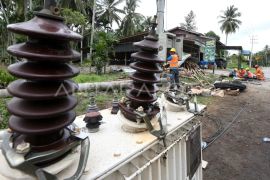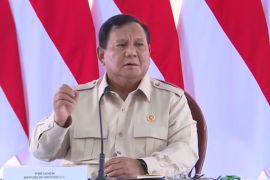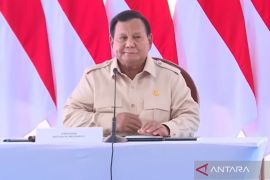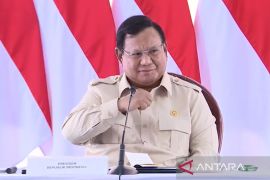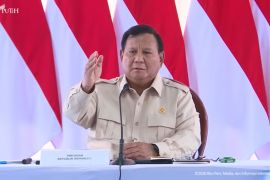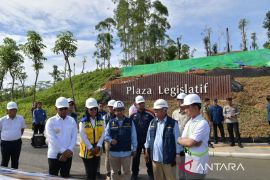"For example, the social relationship in Islam is very important. The role of men and women in social sphere is very different compared to the western world where women are commercialized and commoditized. They are only obsessed with looks, which ultBogor, W Java (ANTARA News) - Indonesian and Iranian Muslims can work together to exchange experiences in applying Islamic values and systems in social and family life, Iran's Vice President for Women and Family Affairs, Massoumeh Ebtekar, remarked.
"We have successes in Iran, and you have successes in Indonesia. We need to learn from those successes. But we should also take lessons from those to face challenges in Iran and in Indonesia," Ebtekar stated in an exclusive interview with Antara News Agency in Bogor on Tuesday.
Ebtekar is in Bogor, West Java, to attend the High-Level Consultation of World Muslim Scholars on Wasatiyyat (moderate) Islam (HLC-WS), which takes place from May 1 to 3, 2018. The event was opened by President Joko Widodo at the Bogor Palace.
According to her, the challenge for Indonesia and Iran is on how to practice the teachings of Islam in modern political systems and structures, and apply sharia in an evolving society.
"One important global issue is the intergenerational gap. The younger generation has different value systems, and they are influenced by social media. Social media is an important tool, but it could be a threat to our culture," Ebtekar explained.
She stressed that Indonesia and Iran should be able to work together to exchange experiences and strengthen positions, identities, cores, and value systems.
"For example, the social relationship in Islam is very important. The role of men and women in social sphere is very different compared to the western world where women are commercialized and commoditized. They are only obsessed with looks, which ultimately lead to sexual harassment," the vice president remarked.
While in Islam, she added, there are rules on dress code and how to behave in social life.
"We have different values and systems. If we can implement it, we can protect the dignity of men and women, as well as families that are very important in our society," she explained.
The vice president stressed that women have political and social roles, but they should be proud to be women and mothers.
"They do not need to be men to serve the society. We have to exchange experiences in this respect to protect our families and societies," she noted.
Reporter: Libertina W. Ambari
Editor: Bambang Purwanto
Copyright © ANTARA 2018
